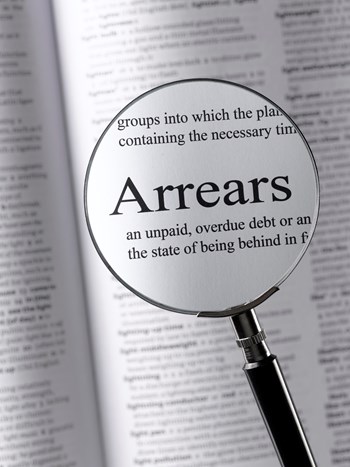
In a decision with implications for condominium collections in Massachusetts, the U.S. District Court in Massachusetts on May 6, 2020 issued an order prohibiting the State Attorney General from enforcing parts of the March 27 emergency regulations restricting consumer debt collections during the COVID-19 state of emergency. Those regulations banned debt collectors from calling debtors and initiating “collection lawsuits.”
The May 6 decision in ACA International v. Maura Healey, in her official capacity as Massachusetts Attorney General expressly prohibits the A.G. from enforcing the regulations’ ban against telephone calls made to obtain debt payment. It also specifically authorizes debt collectors to bring enforcement actions in state and federal courts in Massachusetts.
In granting a temporary restraining order, U.S. District Court Judge Richard G. Stearns determined that the ban on telephone calls to debtors and the moratorium on initiating debt collection lawsuits violated the First Amendment rights of debt collectors without adding anything to the protections that debtors already enjoy under federal and state fair debt collection practice laws. Judge Stearns noted that “constitutional rights do not take a holiday simply because governing authorities declare an emergency.”
With the District Court decision, condominium associations can resume initiating and continue pending lawsuits to collect unpaid condominium common expense assessments. It is unclear how the temporary restraining order affects other actions prohibited by the A.G.’s emergency regulations that were not discussed in the decision. For example, the regulations prohibit creditors and debt collectors from threatening to initiate proceedings to seize or attach property for the payment of a debt. While this too would seem to violate the First Amendment, the decision doesn’t address this. And, despite the District Court’s green light for filing lien enforcement actions, there remains an open question whether the recently enacted moratorium on residential property foreclosures during the COVID-19 emergency affects lien enforcement actions.
All in all, the decision is a significant victory for condominium associations across the Commonwealth. Yet, condominium boards and their property managers would be well advised to tread carefully when contacting delinquent unit owners. The safest course is to stay within the bounds of what the Condominium Statute expressly authorizes, such as sending 60-day delinquency notices. Non-threatening notices seeking payment of outstanding assessments would also seem to pass muster. The major takeaway is that fair and reasonable collection efforts are lawful; good news during a time when those efforts are becoming ever more important.
Samuel ‘Sandy’ Moskowitz is a shareholder at Boston-based law firm Davis Malm. He is a real estate attorney focusing on condominium law, title issues, real estate litigation and development who routinely represents condominium associations throughout Massachusetts. Courtney Simmons is an associate at Davis Malm. She is a litigator, assisting clients in commercial litigation and real estate disputes. She advocates on behalf of clients involved in business, land use and zoning issues. This advisory is offered as a service to clients and friends of Davis Malm and New England Condominium, and is intended as an informal summary of certain recent legislation, cases, rulings and other developments. This advisory does not constitute legal advice or a legal opinion and is not an adequate substitute for the advice of counsel.









Leave a Comment